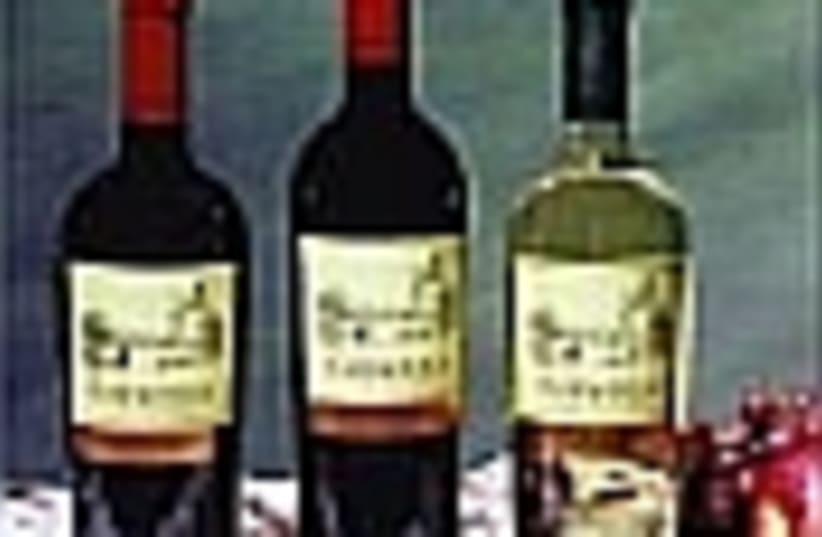| More about: | Golan Heights, Mitzpe Ramon, Neve Ilan, Lachish |
Geography in a bottle
As even the most gifted winemakers will admit, great wines are made in the vineyard and not in the winery.


| More about: | Golan Heights, Mitzpe Ramon, Neve Ilan, Lachish |